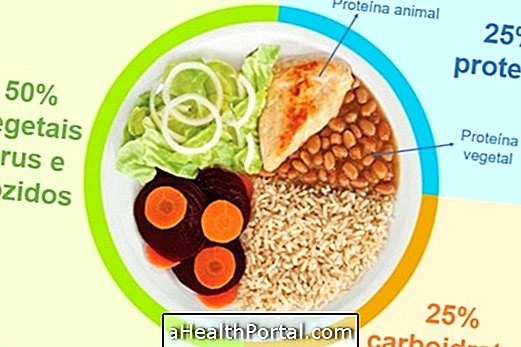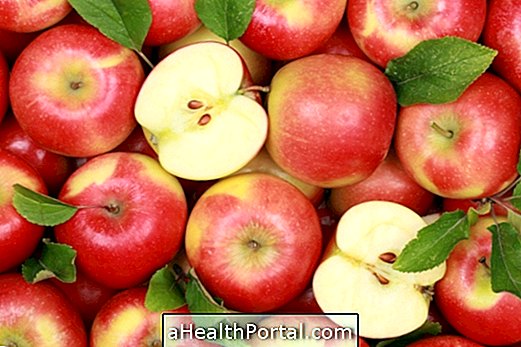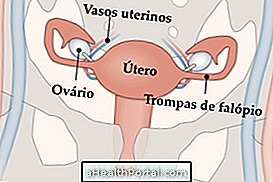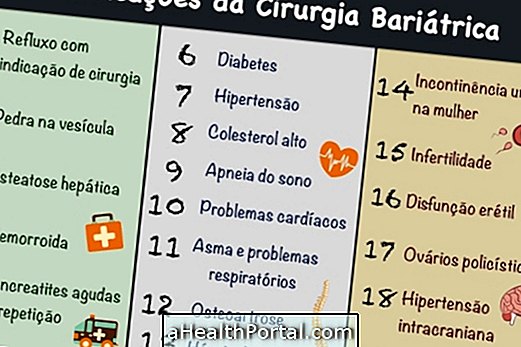Vitamin B2, which is also called riboflavin, is important to the body because it plays a role in stimulating blood production and maintaining proper metabolism.
This vitamin can be found mainly in milk and its derivatives, such as cheeses and yogurts, and is also present in foods such as oat flakes, mushrooms, spinach and egg. See other foods here.
Thus, adequate intake of vitamin B2 is important because it performs the following functions in the body:
- Participate in the production of energy in the body;
- Favor growth and development, especially during childhood;
- Act as antioxidants, preventing diseases such as cancer and atherosclerosis;
- Maintain the health of blood red blood cells, which are responsible for carrying oxygen in the body;
- Maintain eye health and prevent cataracts;
- Maintain skin and mouth health;
- Maintain proper functioning of the nervous system;
- Decrease the frequency and intensity of migraines.
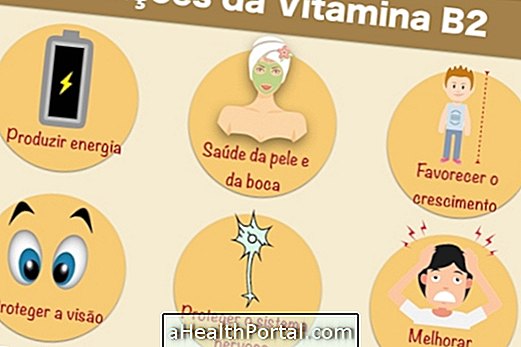
In addition, this vitamin is also important so that the B6 vitamins and folic acid perform their proper functions in the body.
Recommended quantity
The recommended amount of vitamin B2 intake varies according to age and gender, as shown in the following table:
| Age | Vitamin B2 amount per day |
| 1 to 3 years | 0.5 mg |
| 4 to 8 years | 0.6 mg |
| 9 to 13 years | 0.9 mg |
| Girls from 14 to 18 years old | 1.0 mg |
| Men 14 years and over | 1.3 mg |
| Women 19 years and over | 1.1 mg |
| Pregnant women | 1.4 mg |
| Women who breastfeed | 1.6 mg |
The lack of this vitamin can cause problems like frequent tiredness and mouth sores, being more common in people who do vegetarian diets without the inclusion of milk and eggs on the menu. See the symptoms of lack of vitamin B2 in the body.



